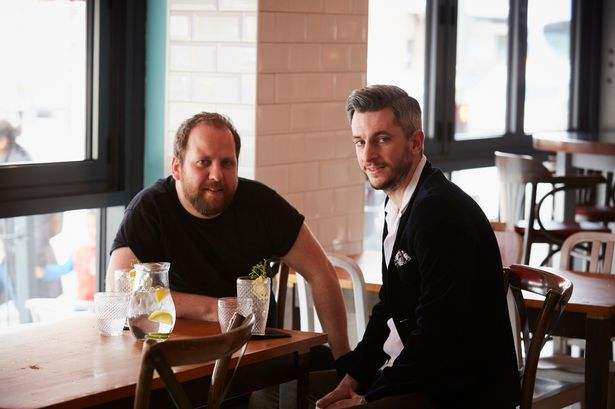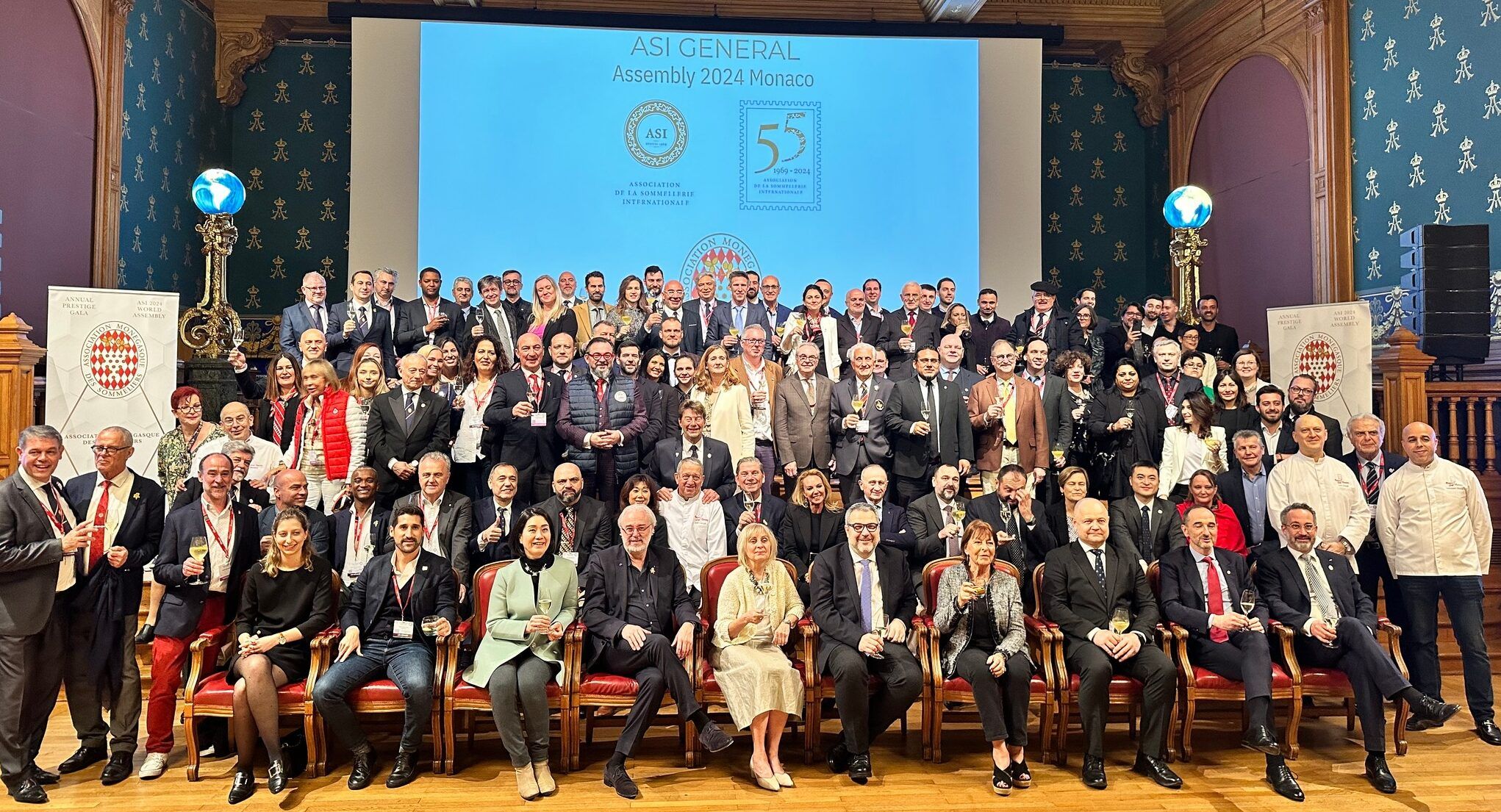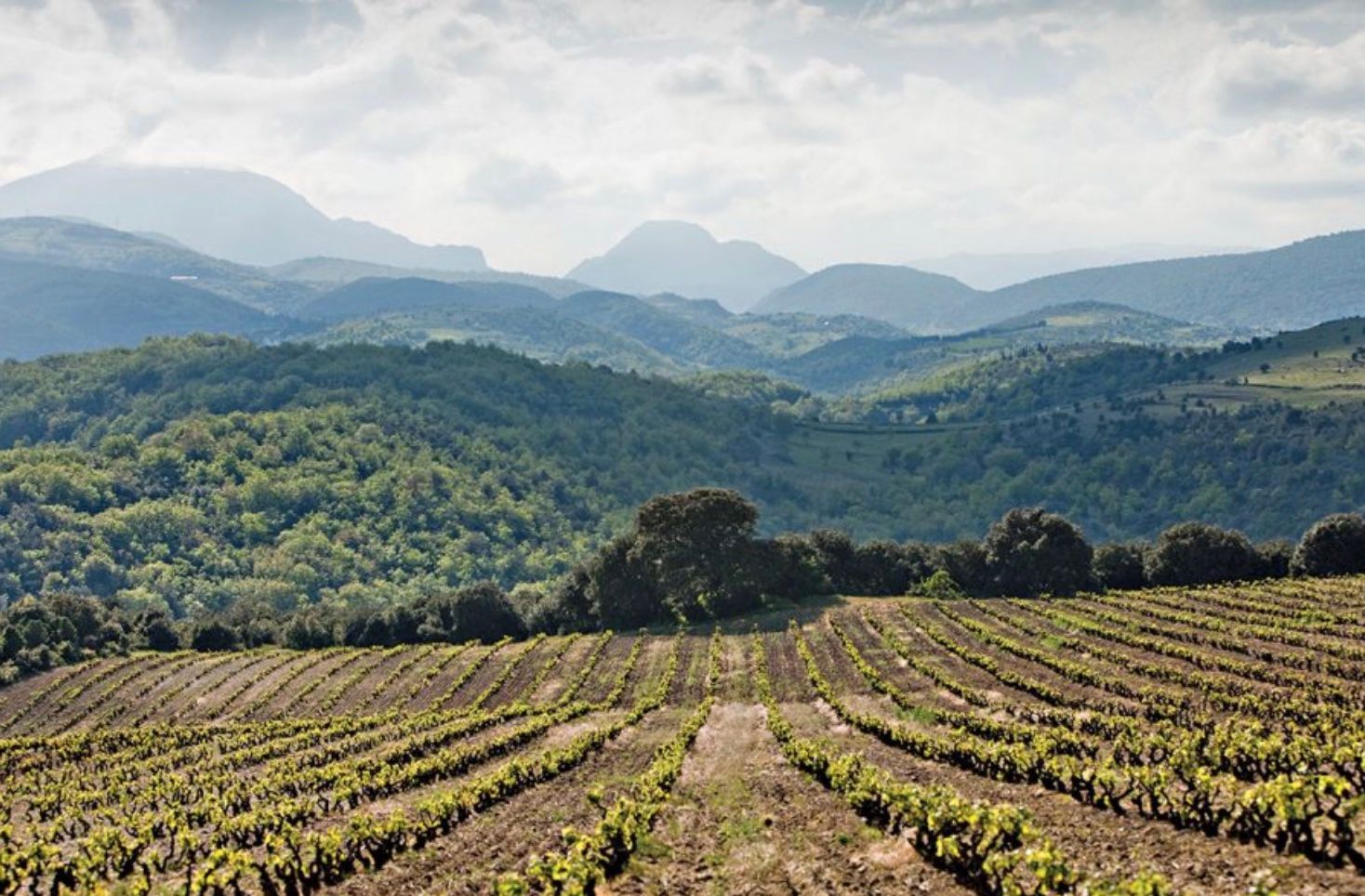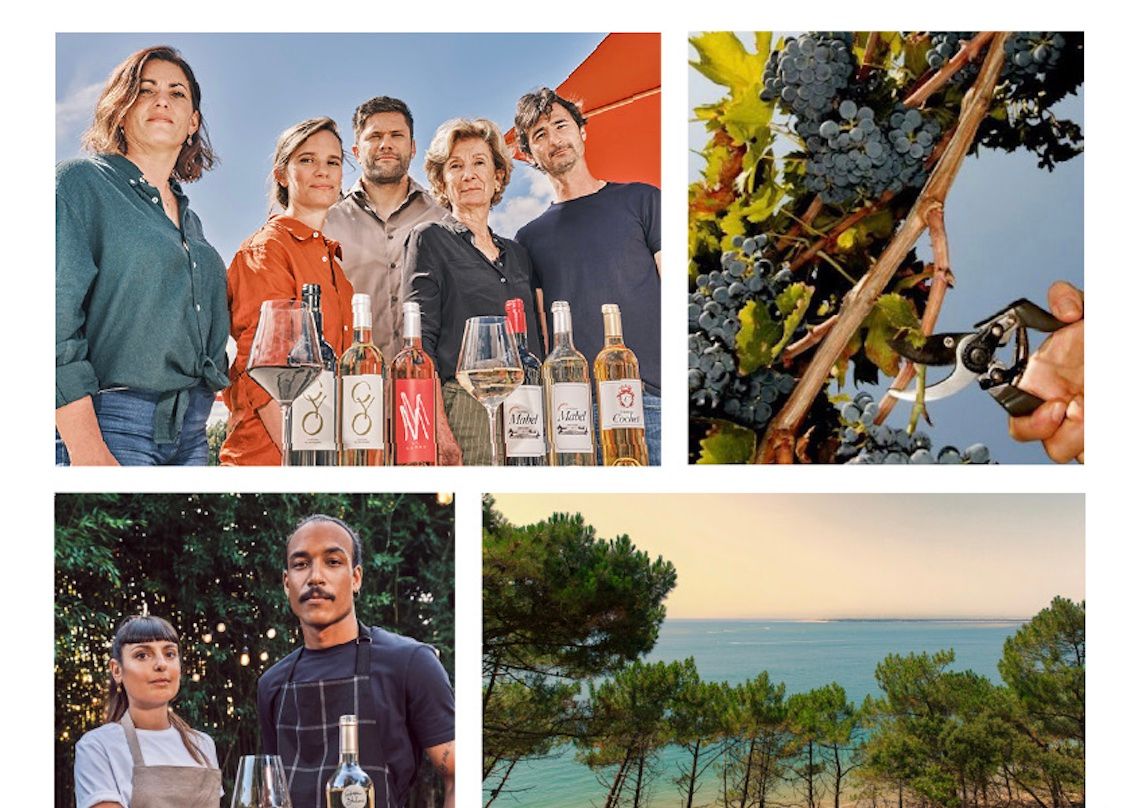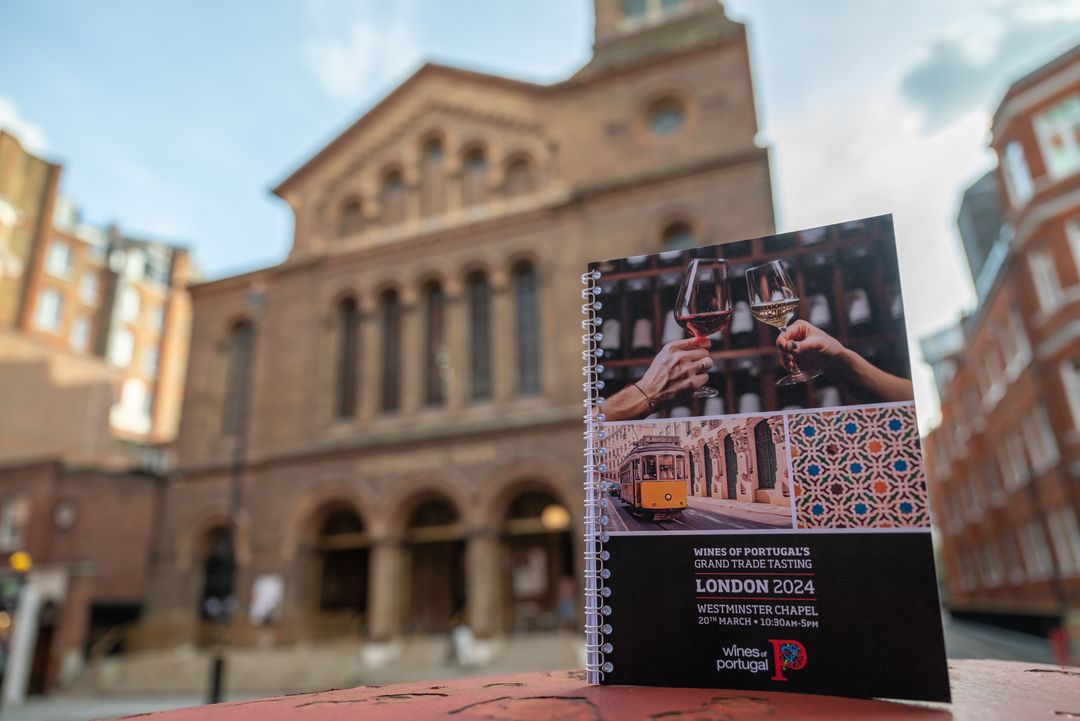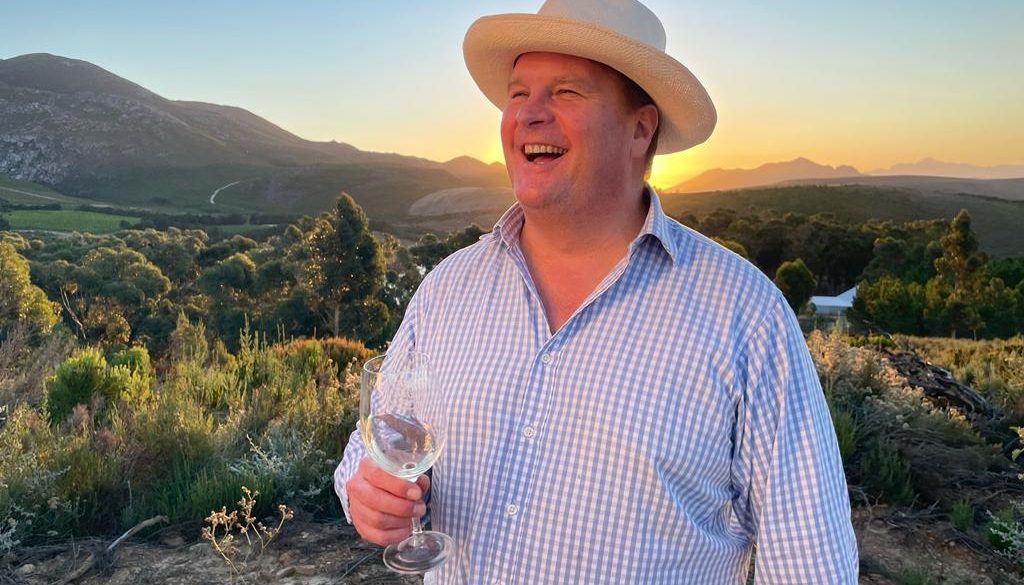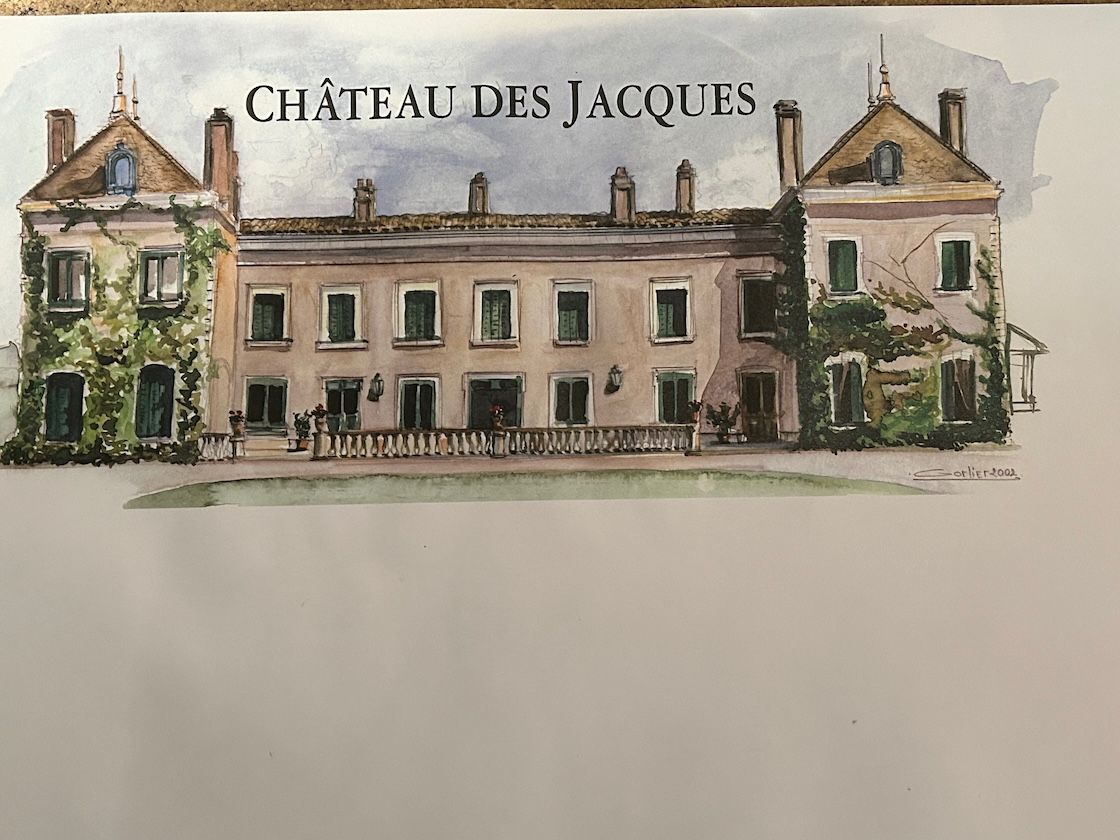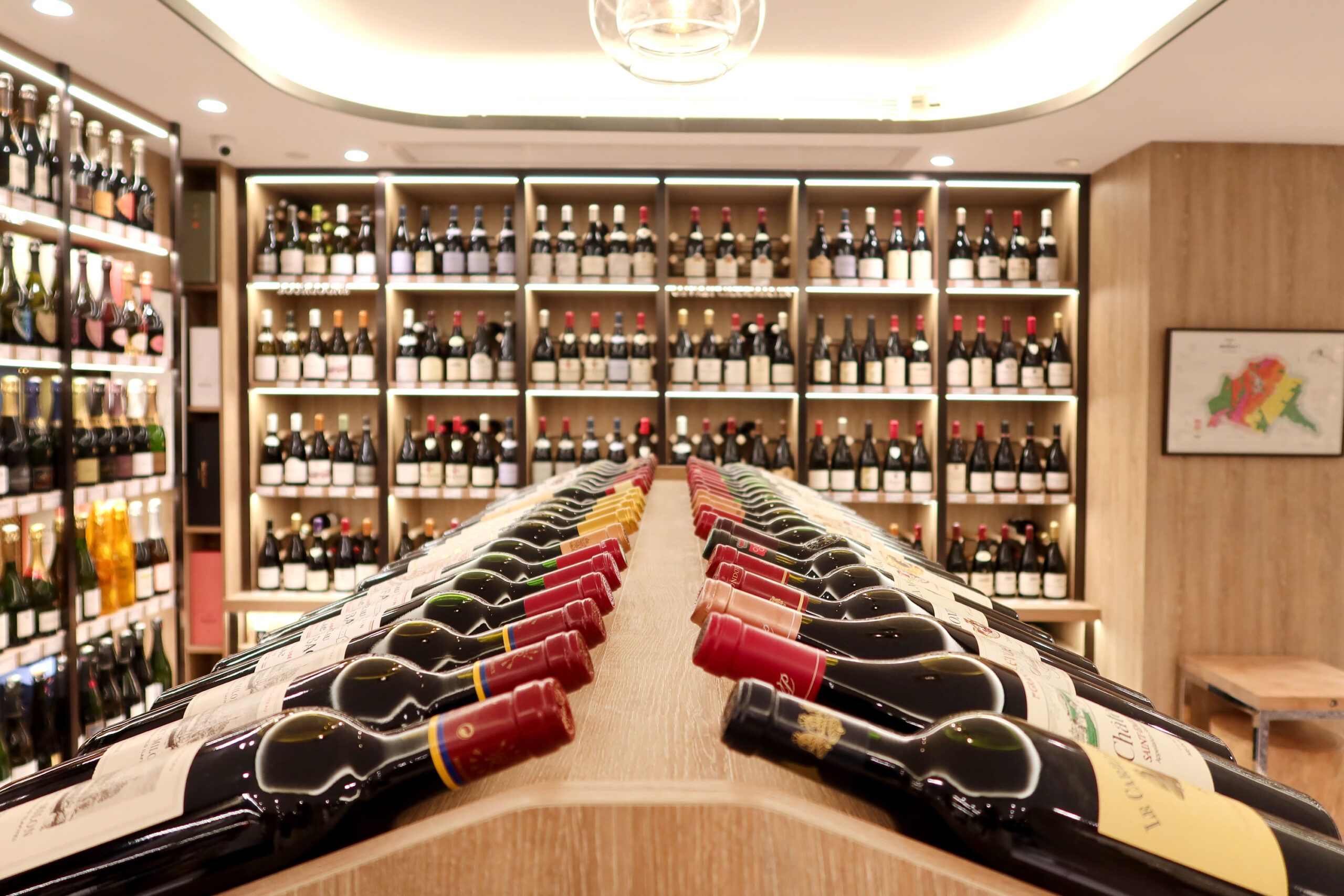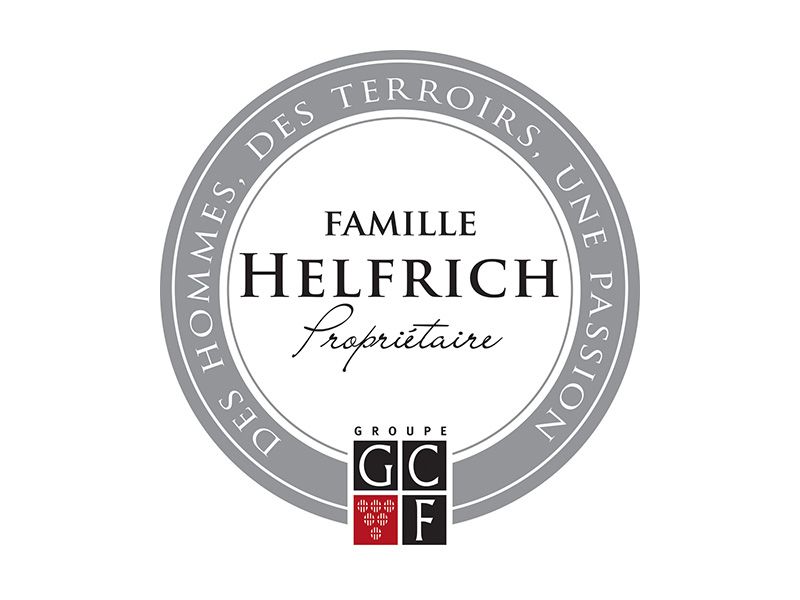Didsbury Gin has come a very long way in a short period of time. But in order to do has meant making the right financial decisions as it has getting the brand into the right hands of the most influential drinks buyers.
You have clearly come a long way in a short time. How have you managed to achieve that and what sort of financial support have you had?
We have come along way, first and foremost, our product is appealing to a wide range of gin drinkers, and we love our product which shows. To achieve the growth, we’ve utilised a number of financial products throughout our journey, ranging from a government start up loan, invoice financing, venture capitalist and cash flow loans to build a rapidly growing and profitable business, all within the space of 18 months.
You describe your growth as much about “walking up the financial staircase” as it is selling gin. What do you mean by that?
In order to grow the brand, we’ve faced a number of commercial challenges, as all growing businesses do. When we started, we received a sizeable order from Harvey Nichols and required cash to produce the stock to fulfil the order. You could say this started our journey up the financial staircase. The start up loan was the first step on this in order to grow and progress the brand from an idea phase to our reality.
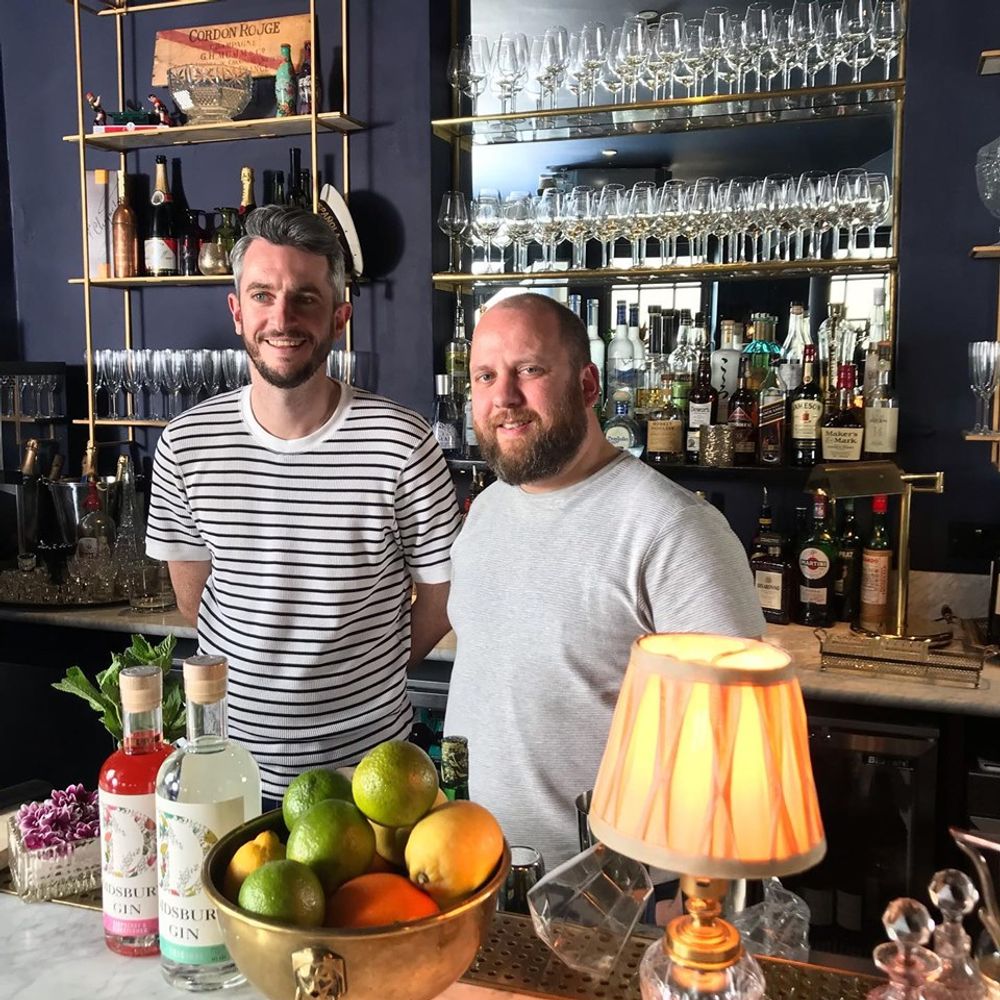
Founders of Didsbury gin Liam Manton and Mark Smallwood
You have used different types of finance and had support from different sources. Can you explain what each of them were, and how and why you got it?
As commonly documented, we were both made redundant at the same time, and suddenly found ourselves in front of five Dragons on BBC’s Dragons Den.
To continue on our gin journey, we required an injection of cash and decided to release some equity to Jenny Campbell, a fellow gin lover after a successful pitch on Dragon’s Den.
As the business grew we secured listings with one of the UK’s most known and loved pub chains, this in turn of course put extra strain on cash flow due to the volume of stock required to fulfil their initial orders. In order to navigate through the challenge, and after reviewing different finance options available, an invoice finance facility presented itself as a logical option in order draw down a percentage of the order value upon delivery of goods, significantly easing that initial pressure.
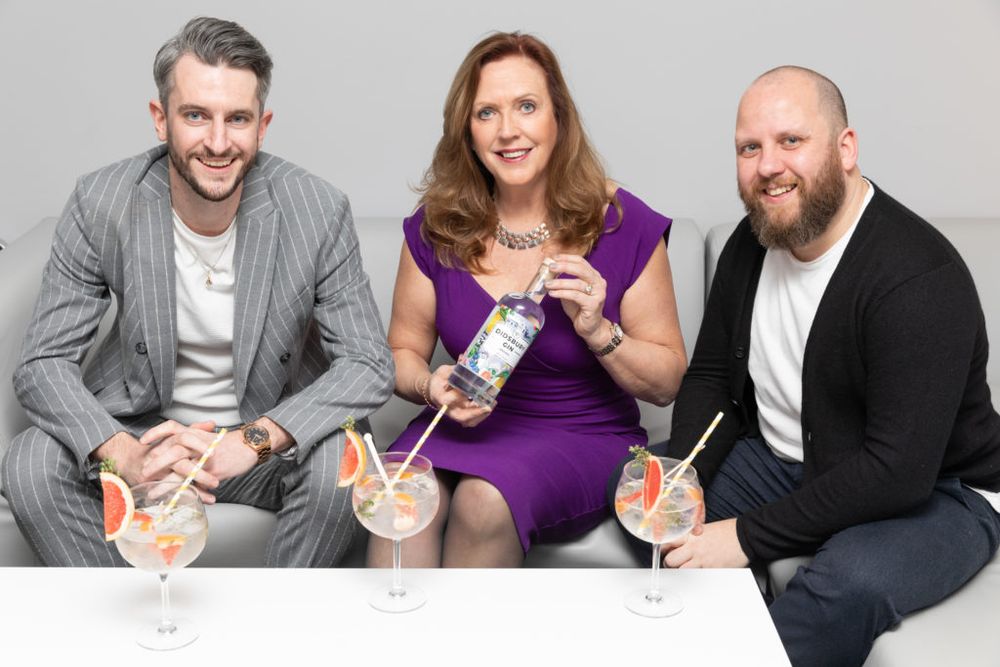
Didsbury Gin founders Liam Manton and Mark Smallwood celebrating their partnership with ‘Dragon’ Jenny Campbell who has invested £75,000 into the business in return for a 15% share of the business
What difference have they made to what you have been able to do with the business.
The first step, gave us a low interest, unsecured start up loan which enabled us to move the business from inception to trading.
The second step, being Jenny Campbell, secured us an investment, and a high profile business partner who not only provided venture capital but a number of years of invaluable business expertise. It also helped raise our profile through viewing figures on BBC Dragon’s Den – which also re-airs on Sunday June 30.
Following this, as mentioned we moved to an invoice finance facility. This enabled us to produce large quantities of stock needed to fulfil the larger orders, and draw down a percentage of an invoice value upon delivery of goods, this eased a lot of pressure on cash flow due to varying payment terms and also enabled us to look at further product development”
Where are you now in terms of your growth and development?
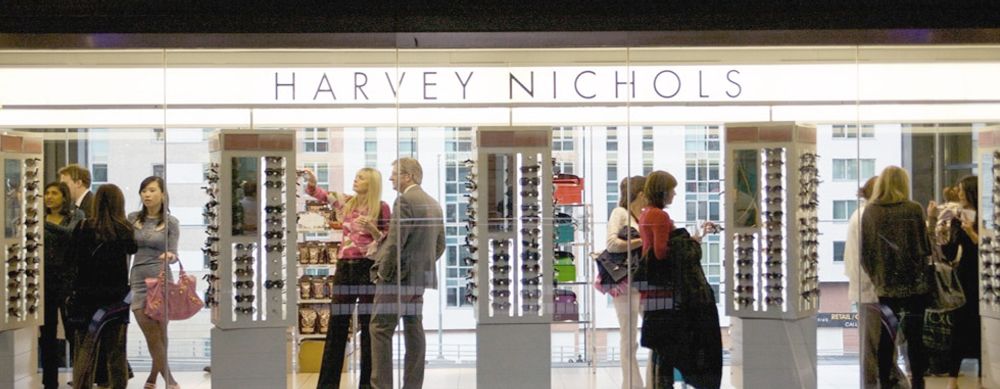
Securing listings at prestigious accounts like Harvey Nichols and Selfridges were good both for Didsbury Gin’s confidence but for attracting other outlets.
Since being made redundant in March 2018, halfway through our second year of trading (year one and year two was run part time, whilst co-founder Mark Smallwood, held down full time jobs), we grew the business turnover by more than 12,700%. This was attributed by securing national listings with Harvey Nichols, Selfridges plus listings with some of the UK’s largest drinks wholesalers. We ended the year on a massive high with a listing with one of the UK’s most well known pub chains, JD Wetherspoon.
At the point of discussion, we are 5 months into the financial year 2019/2020 and have seen a revenue increase of 912% on the same period last year and up already up 72% on vs the year end position, our growth shows no sign of slowing down!”
What are the next steps you think you need to take with financial support?
Now we are establishing a firm footing within the UK on and off-trades, the natural progression for Didsbury Gin is moving in to export, which will in turn present commercial challenges. Managing marketing requirements, product development and managing global currency fluctuations will require further financial support for us to grow.
What advice would you give to other business start ups, be it a craft producer, or drinks business, in getting funding?
Firstly, do your research and know your own strengths and weaknesses. Don’t be afraid to bring other people on board, experience from others can be as valuable as investment.
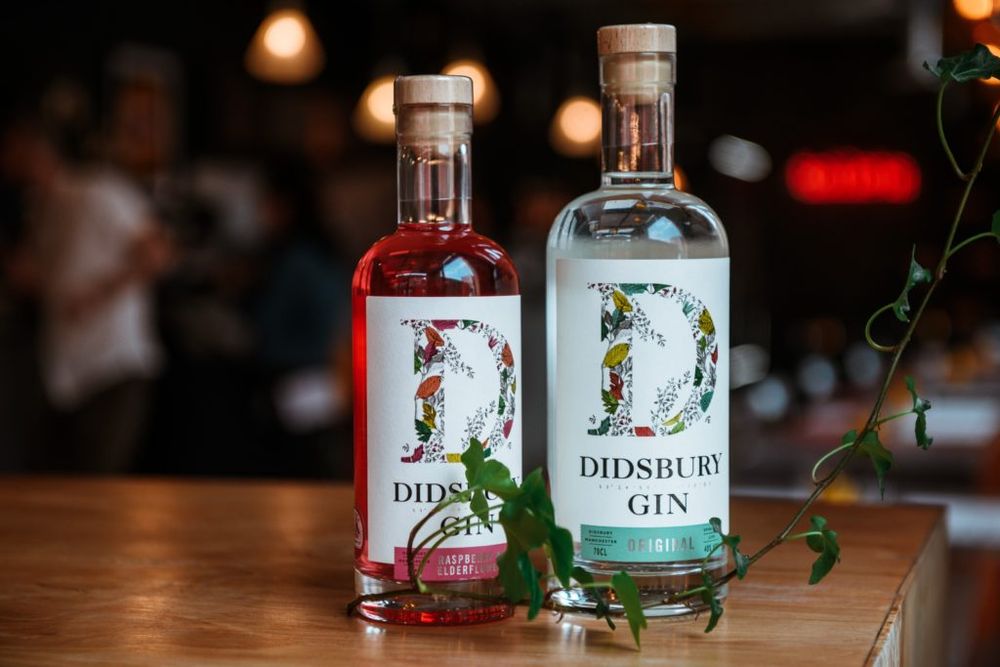
New packaging for Didsbury Gin: Photo by Jack Kirwin -JK Photography-
Always seek smart finance, don’t take products which will fix short term problems but potentially could cause long term issues or risks to you or the business. See each option as a step in to the next phase of your business and always know what the step beyond that is.
What are the key lessons you have learnt along the way?“
Our journey has been a bit of a rollercoaster and you could say (successfully) we learned to run before we could walk. Looking at the rise of our brand it could be said we jumped in at the deep end, securing a listing with a prestigious national retailer without the stock, funds, or business plan to deliver it, this presented a number of challenges which we’ve certainly learned from. Neither of us had ever run a business before and everything we’ve done so far has been a series of lessons, we’re constantly learning and evolving, and having fun at the same time.
Have you had to learn as much about finance and support as you have to learn about distilling and selling spirits?
Well, if somebody asked me in the pub 18 months ago to sit down and talk about navigating the financial staircase to develop, launch and grow a successful gin brand I’d have and questioned how much gin they’d been drinking. Yet, here we are!
How do you see the future of your business?
We’ve set some really ambitious growth targets both domestically and internationally for ourselves this year which are very exciting, however the growth needs to be sustainable and true to our brand ethos of only producing quality products with fresh botanicals.
We’re well on track to become a multi-million pound turnover business and are about to roll out a series of really cool and innovative flavours under our core Didsbury Gin range. We’ll be announcing a collaboration with one of Britain’s most loved supermarkets soon, so watch this space!
Tell us about some of the products you have in the range?
Current products include our Didsbury Gin original, a refreshing twist on a classic London Dry. Our Raspberry and Elderflower Gin, we use the base of our original gin and macerate fresh raspberries over a period of 6 weeks. Subtle elderflower notes are achieved by distilling locally foraged elderflower. The newest addition to our range is the Manchester Tart Gin, a limited edition flavour created to taste like the much loved dessert with flavours of raspberry, vanilla and coconut.
How are you building distribution?
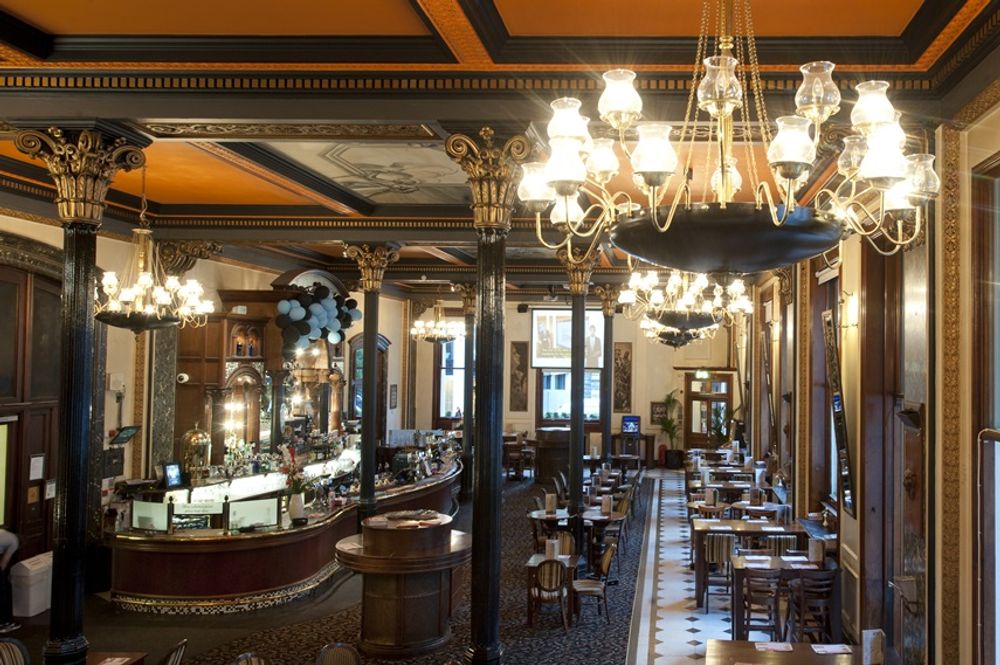
A listing with Wetherspoons has been a big step for the business this year
Unlike a lot of more established brands, we don’t have a sole distribution partner which acts on our behalf, we work with a number of the UK’s leading on-trade wholesalers. We have actively pursued national listings with pub chains ourselves. Next, were about to launch a collaboration with multi national retailers, to be announced in the coming weeks.
How do you see the overall gin market and where the demand and opportunities are?
Figures show that the sale of gin is increasing hugely year on year, in 2018 UK gin sales were at £1.8billion, the equivalent of 66 million bottles of gin.
We see the opportunity within innovative flavour infusions, without compromising on quality of the gin. The demand for flavoured gins domestically is growing, however, from a brand perspective, demand for shelf space is fierce, so for us, it’s about continuing to have a great product, engage with our customers, and do what we love.
